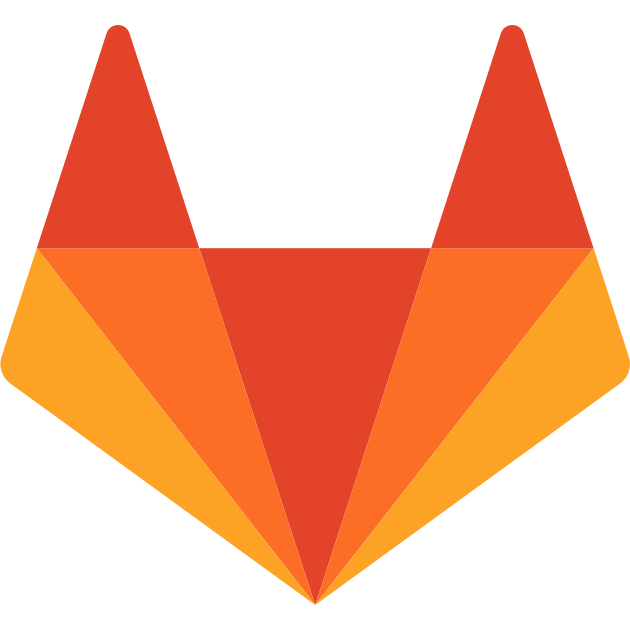Github: the good part
Github is awesome for opensource software. The collaboration, the audience, and the integration offered right now (July 2015) is very good.
You want your opensource projects to be on github, because of SEO and the ability to have them found. The several features offered, like the documentation integration, the Pull Request and so forth are just too good. I have got several projects there, and you can browse them here.
Github: the expensive part
However, if you are looking to host there also your private repo, it’s when github is not any more what you are looking for.
The major problem they have is their price structure. The micro plan, is 7$ for 5 repos, and than it’s 12$ for 10. It gets expensive very quickly.
Until today I used to pay for a micro plan. However yesterday I’ve started another project, I have created a repo for it, and than I wanted to push it online in private mode. But it was my six repos. Either I was going to opensource it, or I had to increase my plan from 7$ to 12$.
All these repos are from personal project, that I may not develop anymore, which however I don’t want to opensource and I cannot archive either. The number of collaborators on these repo is either 0 or 1 at most. I think if they were offering unlimited private repository, with small number of collaborators I could have considered to stick with them for my private repo.
Not an option, so I had a look around.
Looking for alternative: Bitbucket or Gitlab?
The big competitor of github is of course bitbucket. Back in the days bitbucket was supporting only mercurial, but than they also integrated the support for git. So you could put your project there, and than be happy. Their pricing structure just count the number of collaborators in a project, so in my case I can have all my repos with the free account.
However, it’s a bit of time that we use at work a self-hosted gitlab , which it served me pretty well so far, and I love the slick integration with the GitlabCI.
GitLab is very similar to github, and offers similar features: once you know that Pull Request are called Merge request, you’re golden.
The cool thing is there is an hosted version, where you have as many as you want private and public repos.
At the end I decided to got for gitlab, due to the integration with the Gitlab CI, which will give me the ability to run tests for all my private repositories, given the fact I provide a runner.
Of course all my opensource repo swill stay on github, and in case I will opensource some project I will just migrate them on github.
As I said, If there was an Indie developer price point, (unlimited private repos with small number of collaborators for 7$), I was going to stay on github and be happy with that, however given the circumstances and the automatic integration with the CI, Gitlab is my choice for now.





